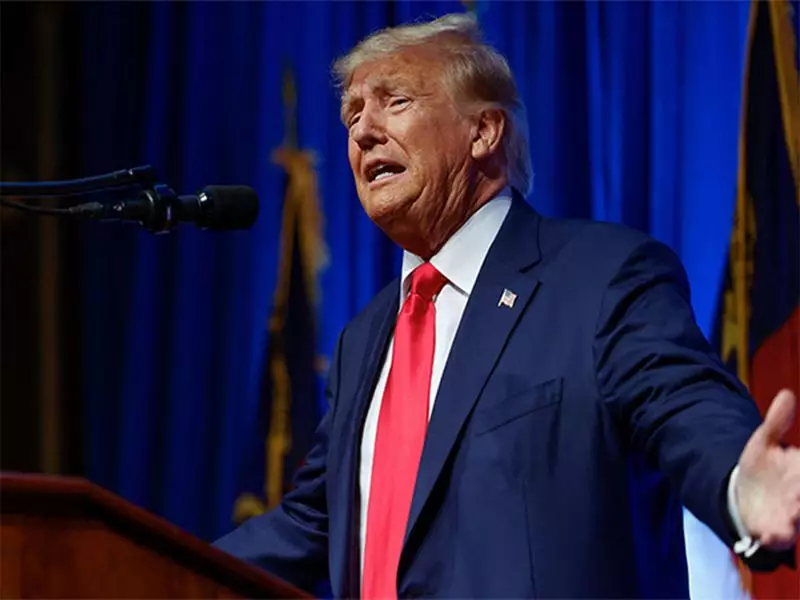
Former United States President Donald Trump has initiated diplomatic communications with the leaders of Thailand and Cambodia following reports of renewed border clashes between the two Southeast Asian nations. The unexpected outreach from the Republican presidential candidate occurred amidst escalating tensions in the region.
Trump's Diplomatic Intervention
According to multiple sources familiar with the matter, Donald Trump personally contacted both Cambodian Prime Minister Hun Manet and Thai Prime Minister Srettha Thavisin to discuss the ongoing border disputes. The conversations marked a significant development in the region's geopolitical landscape, with a former US president engaging directly in international diplomacy.
The border tensions between Thailand and Cambodia have historical roots, with the latest clashes occurring near disputed territories that have been contested for decades. Both nations have reported military engagements in recent weeks, raising concerns about regional stability and the potential for further escalation.
Tariff Threats as Diplomatic Tool
In his discussions with the Southeast Asian leaders, Trump reportedly suggested using tariff threats as potential leverage in resolving the border conflicts. This approach aligns with the former president's well-documented preference for economic measures in international relations, a strategy he frequently employed during his presidency from 2017 to 2021.
The tariff proposal represents a unconventional approach to border dispute resolution, potentially signaling how Trump might handle international conflicts if he returns to the White House. Sources indicate that the discussions covered various aspects of the bilateral relationship between Thailand and Cambodia, with economic considerations playing a significant role in the proposed solutions.
Regional Implications and Responses
The diplomatic outreach comes at a critical time for Southeast Asia, where border disputes have periodically flared up between neighboring countries. The involvement of a prominent international figure like Trump adds a new dimension to these longstanding regional conflicts.
Both governments have acknowledged receiving communication from the former president, though official statements have been measured in their responses. The Cambodian and Thai foreign ministries are reportedly assessing the implications of this unexpected diplomatic engagement while continuing their bilateral discussions through traditional channels.
Regional analysts note that Trump's intervention demonstrates his continued interest in international affairs despite no longer holding office. The move also highlights the complex web of international relationships in Southeast Asia, where major powers often seek to influence regional dynamics.
The development raises important questions about the future of diplomacy in the region and the potential role of economic measures in resolving territorial disputes. As both Thailand and Cambodia navigate these complex diplomatic waters, the international community watches closely for any signs of breakthrough or further escalation in the border tensions.





